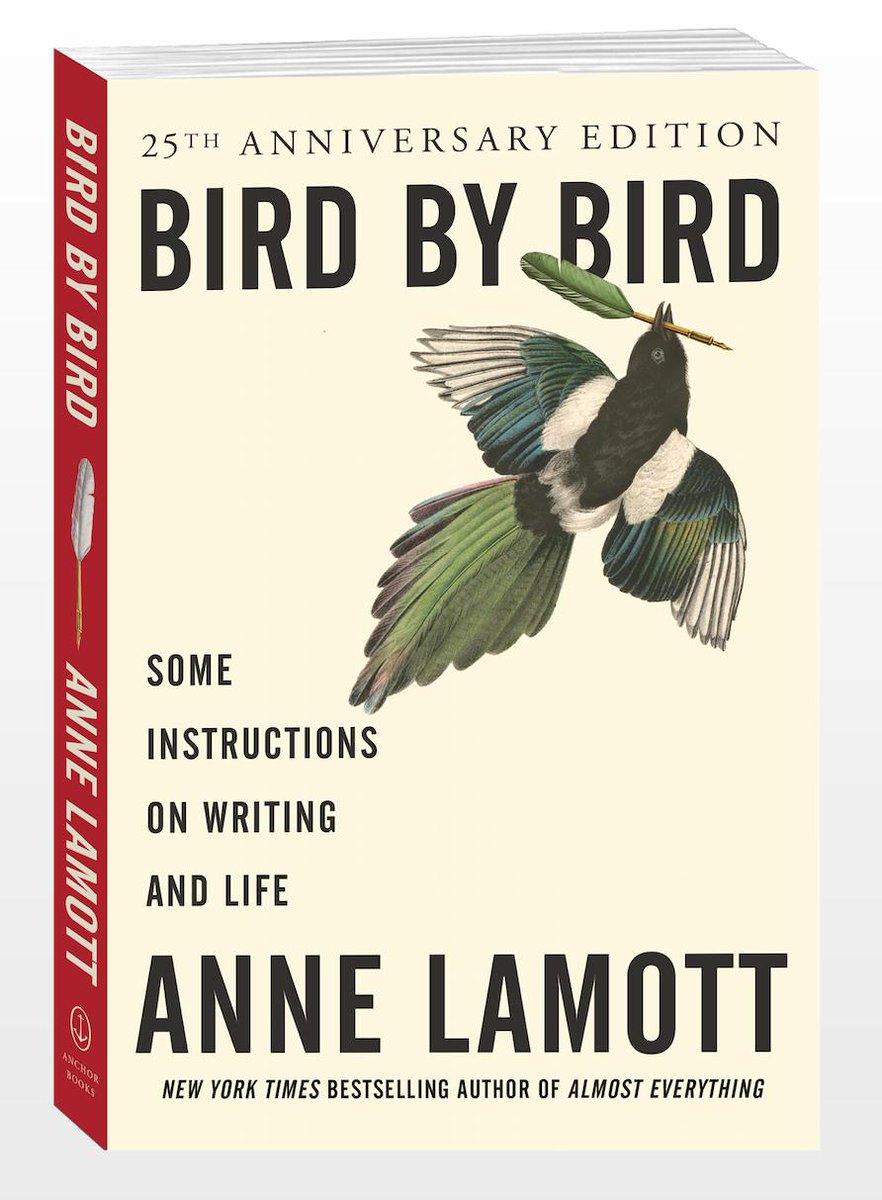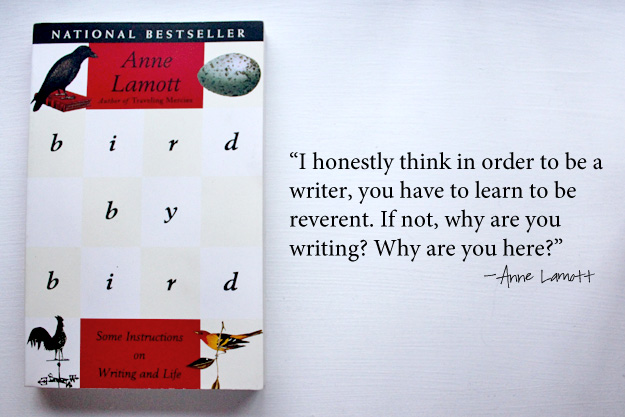
The ABDCE Story Framework:
• Action
• Background
• Development
• Climax
• Ending
Here's how it works, and how it can help you write stories readers can't help but get lost in 🧵👇
• Action
• Background
• Development
• Climax
• Ending
Here's how it works, and how it can help you write stories readers can't help but get lost in 🧵👇
Action
“It was a pleasure to burn.”
This is the first sentence of Fahrenheit 451 by Ray Bradbury.
It immediately drops you into a moment of action. There is no build up, no need to "set the scene."
Boom. You're there.
And you're hooked (whether you like it or not).
“It was a pleasure to burn.”
This is the first sentence of Fahrenheit 451 by Ray Bradbury.
It immediately drops you into a moment of action. There is no build up, no need to "set the scene."
Boom. You're there.
And you're hooked (whether you like it or not).
Background
Only once you have the reader's undivided attention should you even *consider* giving them the background story.
Remember: it's hard to care about characters or ideas before you see them in action.
So start with a moment of surprise, then explain why it matters.
Only once you have the reader's undivided attention should you even *consider* giving them the background story.
Remember: it's hard to care about characters or ideas before you see them in action.
So start with a moment of surprise, then explain why it matters.
Development
Now it's time to build the story back up.
• Where is this all going?
• Why does it matter?
• What happens if things don't go according to plan?
• What's at risk?
The development portion of the story is the Action + Background, compounded over time.
Now it's time to build the story back up.
• Where is this all going?
• Why does it matter?
• What happens if things don't go according to plan?
• What's at risk?
The development portion of the story is the Action + Background, compounded over time.
Climax
There are 4 types of story climaxes:
• Oh no!
• Haha, YES!
• Sigh. Finally.
• Oops. SURPRISE!
The climax is the tipping point. The thing you knew might happen all along.
There are 4 types of story climaxes:
• Oh no!
• Haha, YES!
• Sigh. Finally.
• Oops. SURPRISE!
The climax is the tipping point. The thing you knew might happen all along.
Ending
When the climax does finally happen, now is the time to explain why it matters.
What was it all for?
In the end, who wins and who loses and what does everyone learn about themselves and each other?
And it's your choice how much you want to explain vs leave open ended.
When the climax does finally happen, now is the time to explain why it matters.
What was it all for?
In the end, who wins and who loses and what does everyone learn about themselves and each other?
And it's your choice how much you want to explain vs leave open ended.
This is a storytelling framework from Anne Lamott's book, Bird by Bird, which I highly recommend for writers looking to study more expressive writing.
amzn.to/3nayCjy
amzn.to/3nayCjy

And if you are looking to start writing more yourself, here is a free resource to help you get started publishing in the digital world:
startwritingonline.com
startwritingonline.com
• • •
Missing some Tweet in this thread? You can try to
force a refresh







